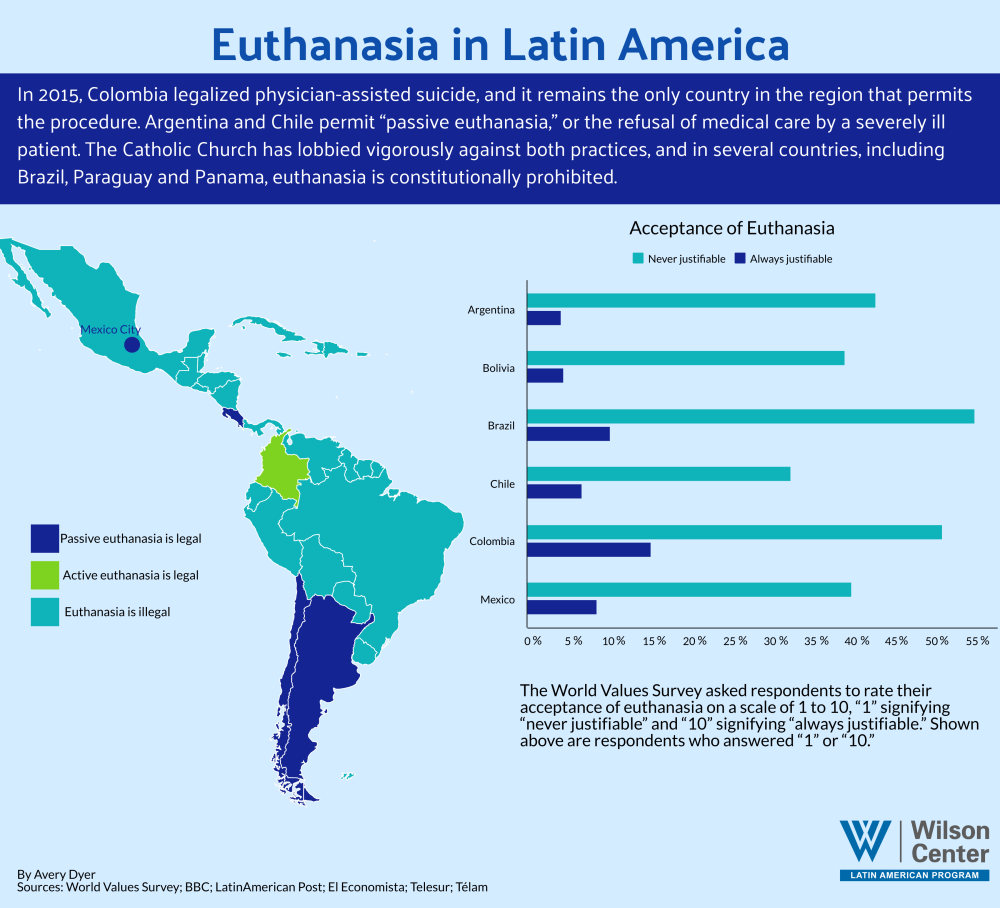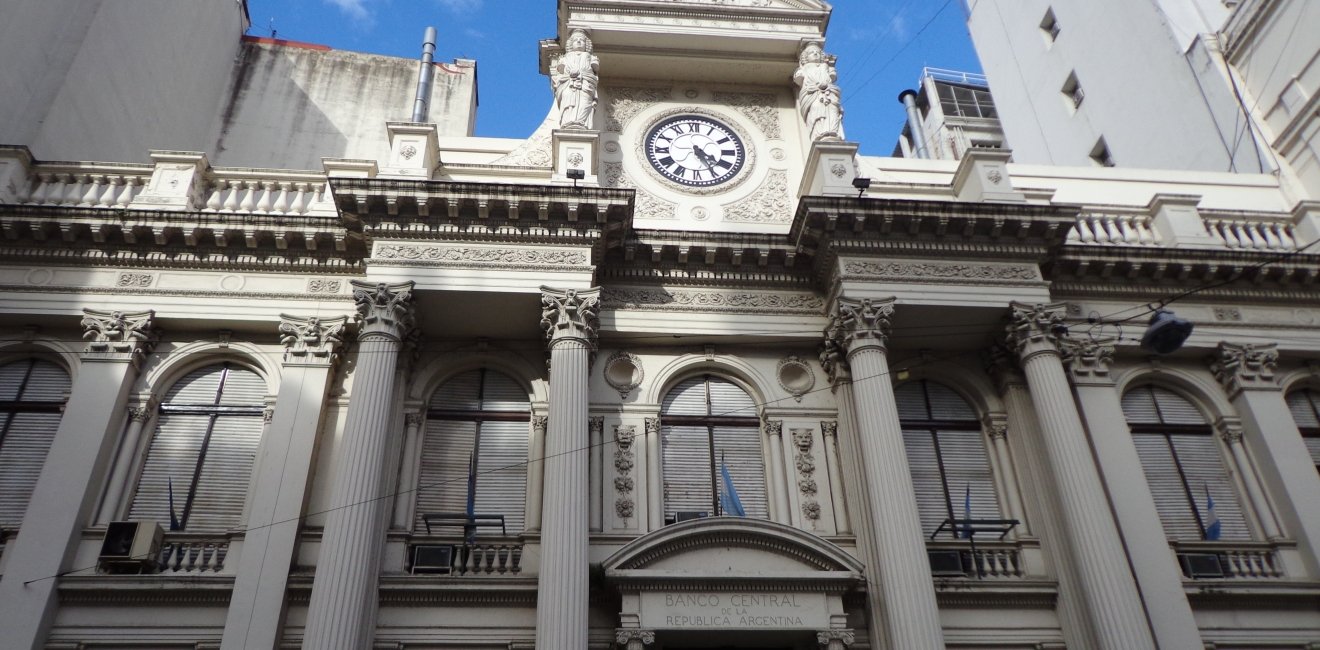
A blog of the Latin America Program
A Tale of Two Defaults
Two of Latin America’s “serial defaulters,” Argentina and Ecuador, both recently secured a significant restructuring of their foreign debt to private creditors. These hard fought agreements were a promising development, as economists have expressed concerns about the possibility of a looming global debt crisis associated with COVID-19 spending.
Same Destination, Different Routes
While Argentina and Ecuador ultimately reached deals with their private creditors, their strategies were dramatically distinct.
Argentina adopted a “take or leave it” attitude towards creditors, often leading to public disagreements and dramatic breakdowns in negotiations, including its May default. Yet in each round of negotiations, the country conceded ground to creditors. Argentina started the process with a boost from the International Monetary Fund (IMF), whose economists lent support for Argentina’s demands for a generous restructuring. However, Argentina’s final agreement with creditors included a 45 percent haircut in interest payments and a six-month grace period, down from the government’s initial demand for a 61 percent haircut and three-year grace period. Argentina also grudgingly agreed to modify the collective action clauses in its bonds, a legal innovation designed to minimize so-called hold-outs that emerged from the prolonged litigation that followed Argentina’s 2001 debt saga.
By contrast, Ecuador emphasized transparency and quiet consensus-building in its debt talks, achieving a voluntary delay in payments in April to give more time for negotiations. Playing the “good student card” helped, Wilson Center Global Fellow Lucio Castro says. Unlike Argentina, Ecuador agreed early on to grant bondholders special legal protections for future restructurings. It also secured financial support from the IMF, receiving an emergency loan to address the public health and economic consequences of COVID-19. IMF support reflected Ecuador’s demonstrated commitment to fiscal discipline. In May, for example, the government imposed far-reaching austerity measures, including the liquidation of the state airline. Argentina, by contrast, has returned to 2017 spending levels, erasing the last government’s politically costly budget cuts. During a Wilson Center seminar, Ecuadorian President Lenín Moreno described his commitment to “honesty and transparency,” which he said paved the way to rapid agreements with private lenders and the IMF.
A Load Off
Argentina and Ecuador also diverged in their public relations strategies. While Ecuador focused on the negotiations, Argentina orchestrated a debt forgiveness charm offensive by figures such as Nobel laureate Joseph Stiglitz and Pope Francis. Creditors were unmoved. During a Wilson Center seminar, the CEO of Greylock Capital, Hans Humes, quipped that such appeals “would have a tremendous impact if those economists, academics and the pope were really large bondholders.”
Nonetheless, both Argentina and Ecuador ultimately resolved their debt crises. The restructuring agreements were an encouraging development for heavily-indebted countries who closely followed the talks in South America. After all, sovereign borrowing continues to rise worldwide as a result of COVID-19 relief spending, and a series of sovereign defaults are likely.
For Argentina and Ecuador, however, the debt restructuring agreements do not erase continued fiscal woes, and both countries will confront a precarious fiscal landscape in the coming months. Moreover, the long-term outcomes of the two deals could differ: in comparison to Argentina, Ecuador has demonstrated a greater commitment to reducing deficits, giving the country a better chance of returning to capital markets and borrowing at affordable interest rates. By contrast, Argentina is struggling to regain investor confidence despite the debt restructuring. Its newly reissued bonds are radioactive, and creditors are criticizing the Fernández government for failing to deliver a “coherent and sustainable economic vision.”
Still, for now at least, the debt resolutions mean both governments will no longer find themselves simultaneously navigating debt defaults and pandemic response.

Author


Latin America Program
The Wilson Center’s prestigious Latin America Program provides non-partisan expertise to a broad community of decision makers in the United States and Latin America on critical policy issues facing the Hemisphere. The Program provides insightful and actionable research for policymakers, private sector leaders, journalists, and public intellectuals in the United States and Latin America. To bridge the gap between scholarship and policy action, it fosters new inquiry, sponsors high-level public and private meetings among multiple stakeholders, and explores policy options to improve outcomes for citizens throughout the Americas. Drawing on the Wilson Center’s strength as the nation’s key non-partisan policy forum, the Program serves as a trusted source of analysis and a vital point of contact between the worlds of scholarship and action. Read more


Argentina Project
The Argentina Project is the premier institution for policy-relevant research on politics and economics in Argentina. Read more

Explore More in Weekly Asado
Browse Weekly Asado
Dengue Haunts South America’s Summers

Lessons from Costa Rica’s Economic Transformation

Women and Latin America’s Digital Revolution

